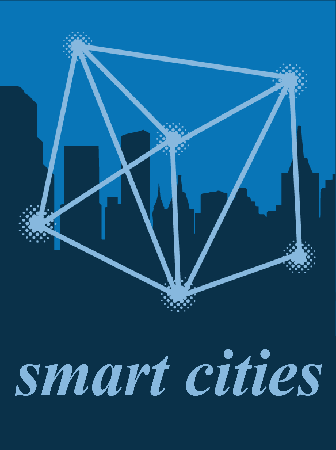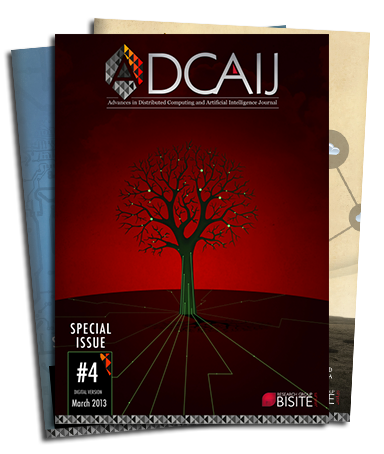24th International Conference on Practical applications of Agents and Multi-Agent Systems (PAAMS'26)
Research on Agents and Multi-Agent Systems has matured during the last decade and many effective applications of this technology are now deployed. PAAMS provides an international forum to present and discuss the latest scientific developments and their effective applications, to assess the impact of the approach, and to facilitate technology transfer. PAAMS started as a local initiative, but has since grown to become the international yearly platform to present, to discuss, and to disseminate the latest developments and the most important outcomes related to real-world applications. It provides a unique opportunity to bring multi-disciplinary experts, academics and practitioners together to exchange their experience in the development and deployment of Agents and Multi-Agent Systems. PAAMS intends to bring together researchers and developers from industry and the academic world to report on the latest scientific and technical advances on the application of multi-agent systems, to discuss and debate the major issues, and to showcase the latest systems using agent based technology. It will promote a forum for discussion on how agent-based techniques, methods, and tools help system designers to accomplish the mapping between available agent technology and application needs. Other stakeholders should be rewarded with a better understanding of the potential and challenges of the agent-oriented approach.
Special Topic of the 2026 edition
"Agentic AI"
Problems
- Agent-based simulation and prediction
- Distributed problem solving
- Agent cooperation and negotiation
- Agent societies and social networks
- Real-time multi-agent systems
- Human agent interaction, user interfaces
- Adaptation, learning and personalization
- Reputation, trust, privacy and security
- Agent engineering and development tools
- Evaluation, ethical and legal issues
Domains
- Information recovery and information systems
- Knowledge management and data intensive systems
- Intelligent control and manufacturing systems
- Embodied agents and autonomous systems
- Multi-robot systems and real world robotics
- Internet softbots and web intelligence
- Virtual agents, animation and games
- Pervasive agents and ambient intelligence
- E-learning and educational systems
- User-centered applications and assisting agents
Format
Authors should consult Springer’s authors’ guidelines and use their proceedings templates, either for LaTeX or for Word, for the preparation of their papers. Springer encourages authors to include their ORCIDs in their papers. In addition, the corresponding author of each paper, acting on behalf of all of the authors of that paper, must complete and sign a Consent-to-Publish form. The corresponding author signing the copyright form should match the corresponding author marked on the paper. Once the files have been sent to Springer, changes relating to the authorship of the papers cannot be made.
The maximum length of the papers is 12 pages (6 pages in Demonstrations), including figures and references:
Submission
All proposed papers must be submitted in electronic form (PDF format) using the PAAMS conference management system.
Review process
PAAMS welcomes the submission of papers and gives preference to the topics listed under the call. All submitted papers will undergo a thorough review process; each paper will be refereed by at least three experts in the field based on relevance, originality, significance, quality and clarity.
The papers must consist of original, relevant and previously unpublished sound research results related to any of the topics of the conference.
*** Indexing: The books of LNAI and CCIS as part of LNCS series of Springer are made available to the following indexing services: Conference Proceedings Citation Index (CPCI), part of Clarivate Analytics’ Web of Science, EI Engineering Index (Compendex and Inspec databases), ACM Digital Library, DBLP, Google Scholar, IO-Port, MathSciNet, Scopus and Zentralblatt MATH. ****
Special Issues
The scientific committee of the co-located conferences in collaboration with the guest editors will select the best papers from those presented in the conferences to be considered for publication in the following Special Issues:
Authors of selected papers from PAAMS and the co‑located events will be invited to submit an extended and improved version of their work to the Advances in Distributed Computing and Artificial Intelligence Journal (ADCAIJ) (ISSN: 2255‑2863), which is indexed in Web of Science and Scopus, and listed in DOAJ, ProQuest, Google Scholar, WorldCat, Dialnet, Sherpa ROMEO, Dulcinea, Ulrichsweb, BASE, and Academic Journals Database. Journal metrics: JCR (2024) – Journal Impact Factor (JIF) 1.6, Q3 in Computer Science, Artificial Intelligence; JCI (2024) – category placement Q4; SJR (2024) – 0.219. The journal has also been awarded the FECYT Quality Seal (9th edition, 2025).

To Be Updated
General deadlines
-
Deadline
17th April, 2026
-
Workshop deadline
17th April, 2026
-
Demonstrations deadline
24th April, 2026
-
Notification of acceptance
19th June, 2026
-
Camera-Ready papers
15th July, 2026
-
Conference Celebration
21st-23rd October, 2026
General Chairs

Philippe Mathieu , University of Lille (France)

Fernando De la Prieta, University of Salamanca (Spain)
Workshop Chair

Alfonso González-Briones, University of Salamanca (Spain)
Advisory Board
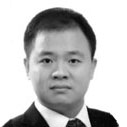
Bo An, Nanyang Technological University (Singapore)

Paul Davidsson, Malmö University (Sweden)
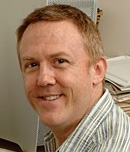
Keith Decker, University of Delaware (USA)
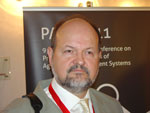
Yves Demazeau, Centre National de la Recherche Scientifique (France)
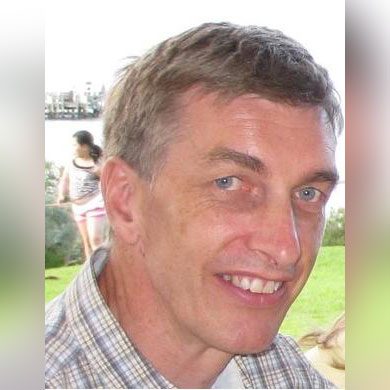
Frank Dignum, Umeå University (Sweden)

Tom Holvoet, KU Leuven (Belgium)

Toru Ishida, Kyoto University (Japan)
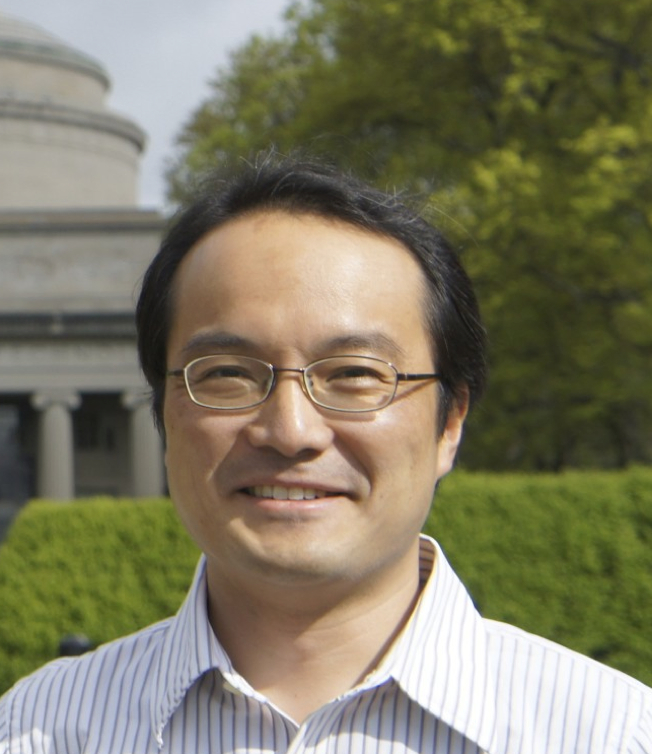
Takayuki Ito, Kyoto University (Japan)

Eric Matson, Purdue University (United States)

Jörg P. Müller, Technische Universität Clausthal (Germany)

Michal Pechoucek, Czech Technical University in Prague (Czech Republic)
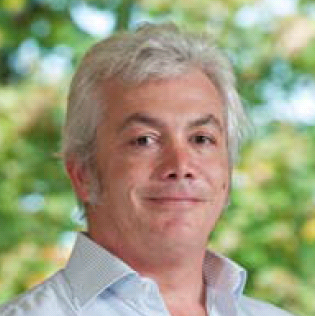
Franco Zambonelli, University of Modena and Reggio Emilia (Italy)
Organizing committee Chair

Salvatore Villani, University of Naples Federico II (Italy)
Chair

